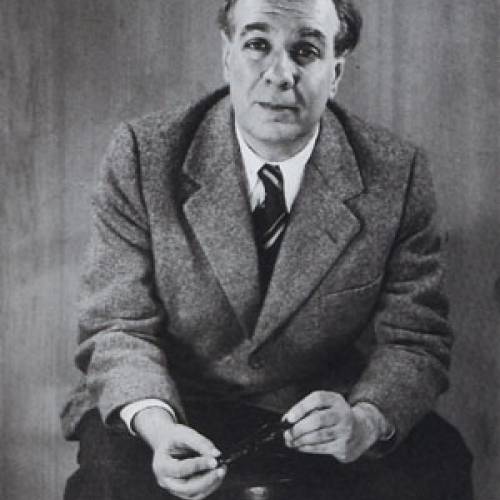 https://heaven.world/en/jorge-luis-borges
https://heaven.world/en/jorge-luis-borges
Firstname
Jorge Luis
Lastname
Borges
Name
Jorge Luis Borges
lived from:
1899-08-24
lived until:
1986-06-14
Jorge Francisco Isidoro Luis Borges Acevedo KBE, was an Argentine short-story writer, essayist, poet and translator, and a key figure in Spanish-language literature. His best-known books, Ficciones and El Aleph, published in the 1940s, are compilations of short stories interconnected by common themes, including dreams, labyrinths, libraries, mirrors, fictional writers, philosophy, and religion.
Borges' works have contributed to philosophical literature and the fantasy genre. Critic Ángel Flores, the first to use the term magical realism to define a genre that reacted against the dominant realism and naturalism of the 19th century, considers the beginning of the movement to be the release of Borges' A Universal History of Infamy. However, some critics would consider Borges to be a predecessor and not actually a magical realist. His late poems dialogue with such cultural figures as Spinoza, Camões, and Virgil.
In 1914 Borges' family moved to Switzerland, where he studied at the Collège de Genève. The family travelled widely in Europe, including stays in Spain. On his return to Argentina in 1921, Borges began publishing his poems and essays in surrealist literary journals. He also worked as a librarian and public lecturer. In 1955 he was appointed director of the National Public Library and professor of English Literature at the University of Buenos Aires. He became completely blind by the age of 55; as he never learned braille, he became unable to read. Scholars have suggested that his progressive blindness helped him to create innovative literary symbols through imagination.
In 1961 he came to international attention when he received the first Formentor prize, which he shared with Samuel Beckett. In 1971 he won the Jerusalem Prize. His work was translated and published widely in the United States and in Europe. Borges himself was fluent in several languages. He dedicated his final work, The Conspirators, to the city of Geneva, Switzerland.
His international reputation was consolidated in the 1960s, aided by his works being available in English, by the Latin American Boom and by the success of García Márquez's One Hundred Years of Solitude. Writer and essayist J. M. Coetzee said of him: "He, more than anyone, renovated the language of fiction and thus opened the way to a remarkable generation of Spanish American novelists."
Geneva (GE), Switzerland
https://en.wikipedia.org/wiki/Jorge_Luis_Borges